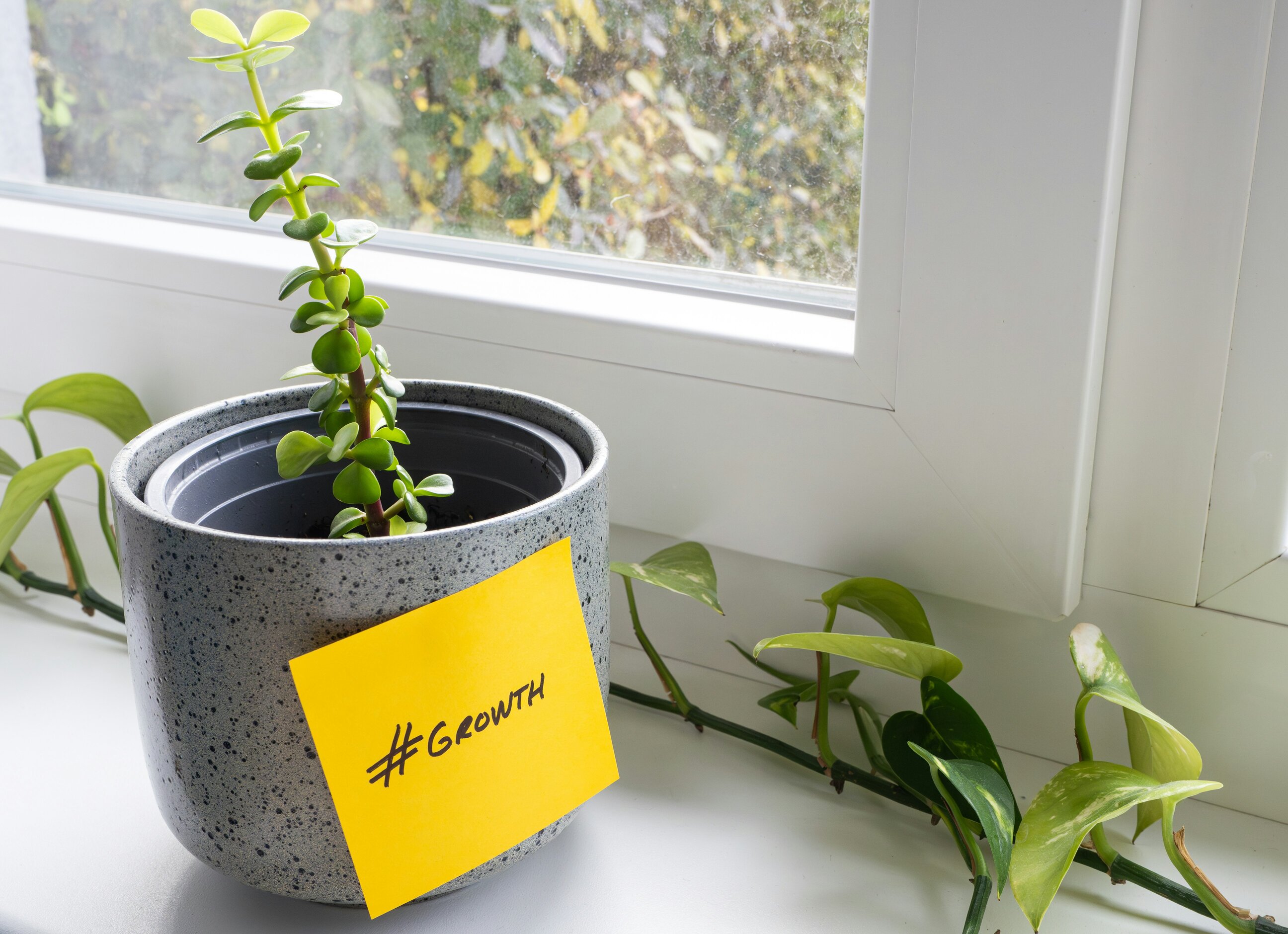How musicians should be using hashtags in 2024
It may feel like hashtags are a thing of the past, but they are very much still relevant. Knowing how to use them properly can make all the difference to your engagement rate.
Promoting your music on social media is pretty vital in this day and age. There are numerous strategies and approaches to help you stand out from the crowd, and one that should not be overlooked is the hashtag.
In the early days of Instagram, it wasn’t uncommon to see posts with 25 or so not-wholly-relevant hashtags hanging heavily underneath them. Despite the approach of numerousness, these tags would often drag the post down to the depths of unseen content. Users would preload keywords that would feature on every post, regardless of the specific subject matter. In a way, it sort of made sense. If your account was focussed on one particular theme, place, or thing, then you could have a set of preloaded hashtags.
Nowadays, things have changed. Using strategies that could appear spammy, like the one above, could do more harm to your reach and engagement than good. Understanding the best ways to use hashtags on social media is one more tool in your independent musician’s arsenal to boosting engagement, expanding reach, and growing your presence and career.
What are hashtags?
If you’re not already aware (where have you been?), hashtags are keywords or phrases preceded by the hash (#) symbol, and are used to categorise content on social media. Fun fact, the hash symbol is also known as the number sign or pound sign, and used to feature on typewriters. Don’t remember typewriters? Don’t worry about it.
Anyway, hashtags make it easier for users to find content of a particular type or content that is about a particular thing. With discovery such a significant part of the social media user experience, it’s a mistake to overlook a feature like the hashtag, that can help put your content in front of people who might be interested.
Benefits of using hashtags
There are a host of benefits to including hashtags in your content strategy. We’ve already mentioned boosted engagement and broadened reach, but let’s dig a little deeper.
Increased visibility
When you use relevant hashtags, your posts can be discovered by people who don’t follow you yet. This increases the chances of your music reaching new audiences. By incorporating trending or popular hashtags, you can attract more eyes to your content.
Targeted audience engagement
Hashtags allow you to target specific groups interested in your genre or style. For example, if you create pop music, using hashtags like #popmusic or #popartist helps you reach fans of that genre. This targeted approach leads to more meaningful interactions with your audience.
Join conversations
Hashtags can also connect you to larger conversations happening on social media. Participating in trending discussions using relevant hashtags can help establish your presence in the music community. Engaging with others who share your interests can lead to collaborations, networking opportunities, and increased support for your music.
Better promotion
Mastering music promotion is vital for independent musicians. If you’re launching a new single or hosting a live show, hashtags can help spread the word. Create a unique hashtag for your event, like #yourbandlive, and encourage fans to use it when they post about the event. This not only generates buzz but also allows you to track conversations about your music.
How to use hashtags properly

Now you understand what hashtags are for and the benefits they can bring, here’s how you should be using them in 2024 as part of an effective content strategy.
Research hashtags
You might think you know which hashtags to use, but some terms may have more than one meaning. Additionally, a term may have been adopted for a movement or event that you weren’t aware of. That’s why research is key.
Take a look at what successful artist in a similar field are using and take note. You can also use tools like Hashtagify or RiteTag to discover trending hashtags in your genre. Look at what successful artists in your field are using, and take notes.
Use a variety
Using a variety of hashtags can help you reach different audiences. Combine popular hashtags with niche ones. For instance, if you’re an indie rock artist, use both #IndieRock (popular) and #UndergroundMusic (niche). This approach helps you attract both casual listeners and dedicated fans. Another reason to use niche hashtags is you content is less likely to get lost in the crowd, as fewer posts will feature that hashtag.
But, be careful not to go overboard, which leads nicely to the next point…
Use the right amount
Instagram has a limit of 30 hashtags, but just because you can doesn’t mean you should. Different social media platforms have different rules – well, not rules exactly, but accepted and recommended practices – around how many hashtags you should use per post.
Here’s a rough guide of how many you should be using on each platform:
- Instagram: 3-5
- TikTok: 3-5
- X (Twitter): 1-2
A reminder, using too many hashtags can appear spammy and put users off, as well as potentially turning the algorithm against you.

Using hashtags on different platforms
There are some nuances when it comes to using hashtags on varying social media platforms. Different outcomes require different approaches, as well as an understanding of how they work uniquely to each platform.
Instagram is a fantastic platform for music promotion. You can reach millions of people, find your niche, build a community, and grow your presence as an artist. Hashtags are a powerful tool for getting your content in front of the right people. You have the option to use 30 hashtags, but just stick to 3-5.
Using broader ones such as #newmusic, #singersongwriter, or #musicvideo is a good idea to cast a wide net. However, using these popular tags alone mean you run the risk of your post getting pushed quite far down the feed pretty quickly. Throwing in hashtags more specific to you as well mean you’re more closely targeting your niche audience, such as #hyperpop, #pcmusic, or #cardiffmusicscene.
You can also use hashtags in your Stories as well as grid posts, and you can encourage users to follow certain hashtags. If you can encourage fans to follow a niche hashtag you use, this can spark the beginnings of a social media micro-scene.
TikTok
TikTok has become responsible for making the careers of numerous independent artists who posted content to the platform. Trends and viral content are very much at home on TikTok, so leveraging the right hashtags is crucial to stop your content getting lost in the mix. Hashtags like #musictok, #tiktokmusic, and #originalmusic are good for broader reach. Being specific to genres is also wise on this platform, so hashtags like #countrymusic or #indiemusic are a good idea (obviously only reference genres relevant to your music).
Trends are a big key to success on TikTok. To tap into trends on TikTok, it’s also a smart move to use hashtags like #foryou, #fyp, as well as the hashtag of a particular trend you might be participating in. Aligning your content with trends and challenges can help the algorithm to promote your content, increasing its visibility.
X (Twitter)
Hashtags on X are not just for organising posts; they’re the main way users search for new content. By using relevant hashtags, you can help potential fans find your music based on their searches for specific genres or topics.
X advises using no more than two hashtags per post, so it’s important to strike a balance between broad and niche tags. For instance, you could pair a popular hashtag like #musician with a more specific one such as #altrock.
Additionally, staying updated on trending hashtags is key. This includes keeping an eye on seasonal or event-based hashtags, as well as popular platform-specific trends or memes. Adjust your hashtag use regularly to align with what’s currently relevant on X, and incorporate these trends into your posts to increase visibility.
Summing up
Hashtags are certainly not outdated or irrelevant, they’re a crucial part of a musician’s social media content strategy. Use them correctly, and you can increase visibility, engage with targeted audiences, and grow your career on various platforms.
Researching and tracking hashtags can help give you an idea of what works for artists similar to you, letting you know what hashtags to use yourself. Utilising a blend of broad and niche hashtags ensures you reach a wider audience, but don’t get completely drowned out by other creators. If you use the perfect niche hashtag to tap into a dedicated audience, you could build your own niche corner on social media.
The key to growing an audience and progressing in your music career these days is building meaningful connections and becoming part of a passionate community. This can be achieved in numerous ways, but social media makes it incredibly accessible and possible. Incorporating hashtags into your content strategy is a simple but effective way to start building your community.
